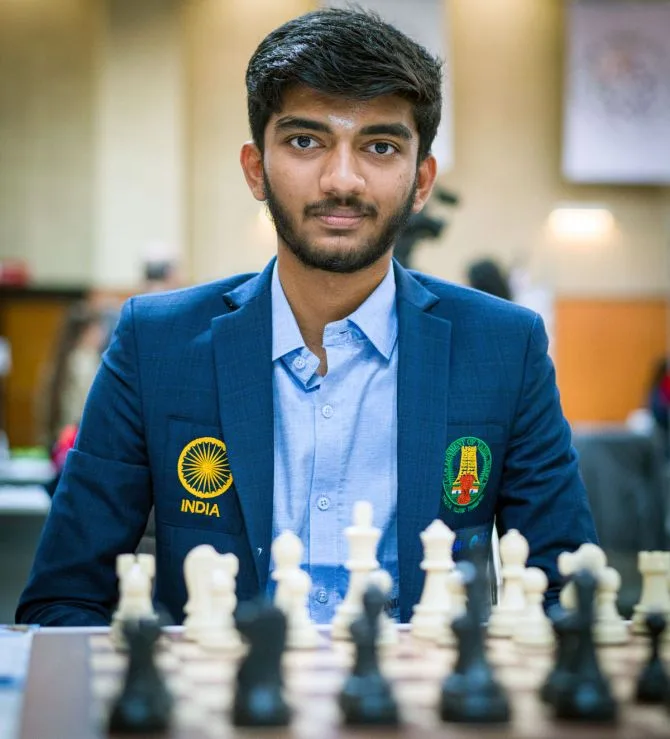Playing chess can help improve your concentration and brain function in a number of ways, including:
- Critical thinking: Chess requires players to analyze the game state, anticipate their opponent’s moves, and devise strategies to outmaneuver them. This constant mental engagement helps develop critical thinking skills that can be applied to real life.
- Strategic thinking: Each move in chess requires foresight, prediction, and an understanding of complex interactions. This helps players develop strategic thinking skills, such as evaluating consequences, planning ahead, and anticipating their opponent’s moves.
- Patience and resilience: The strategic and competitive nature of chess requires players to stay alert and make careful decisions.
- Brain function: Chess provides a rigorous mental workout that can help improve brain function.
- Both sides of the brain: Playing chess engages both sides of the brain, including the logical and creative halves.
- Planning and foresight: Chess can help develop planning and foresight skills.
- Problem solving: Chess can help improve problem-solving skills.
- Self-esteem: Chess can boost self-esteem.
- School performance: Children who start playing chess at a young age may perform better in school.







